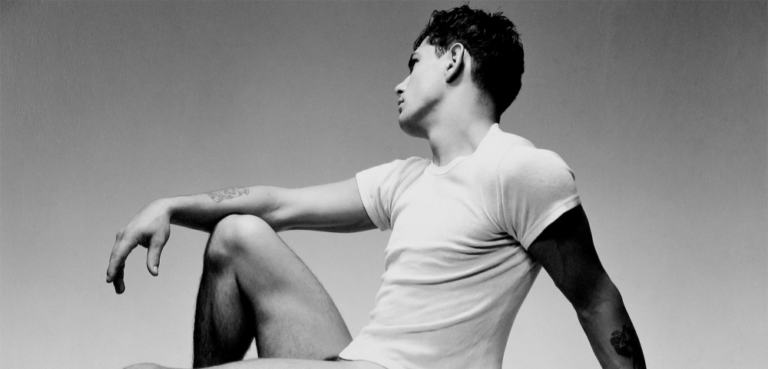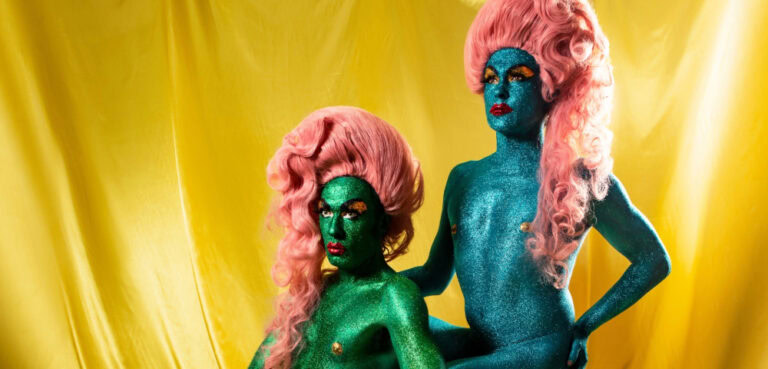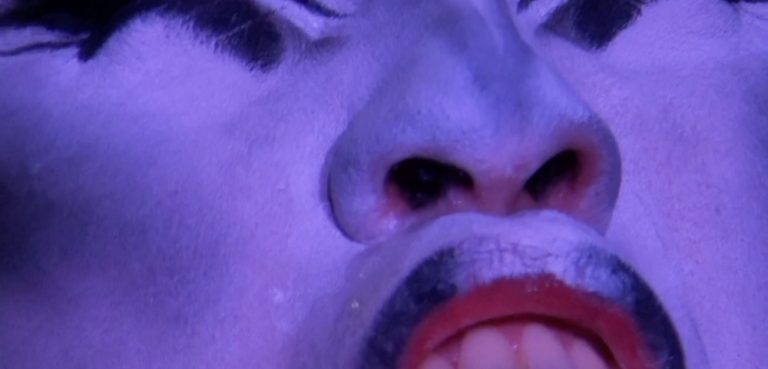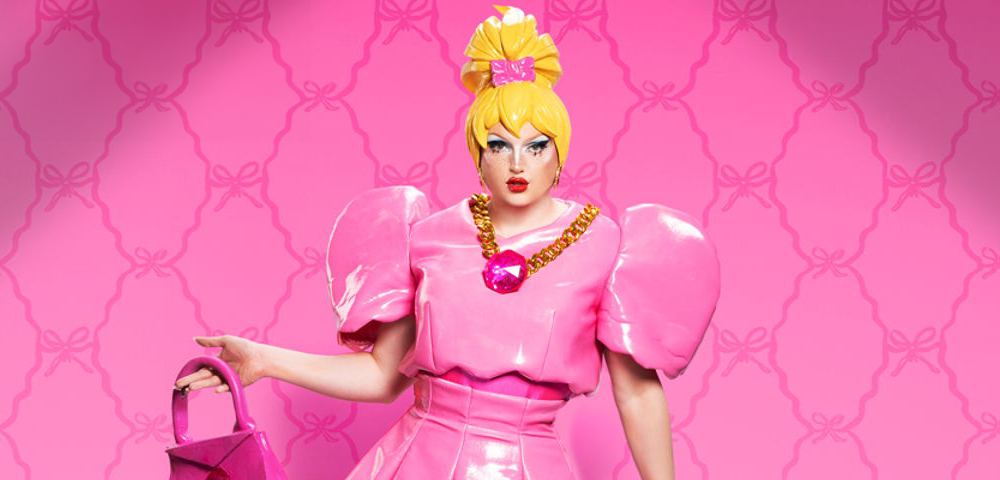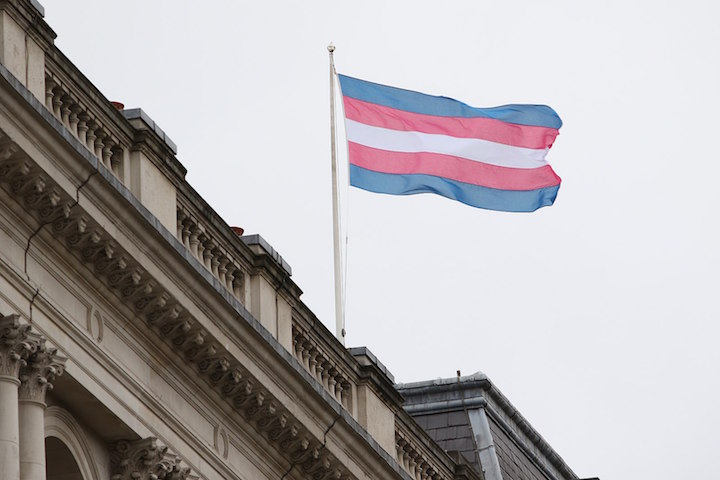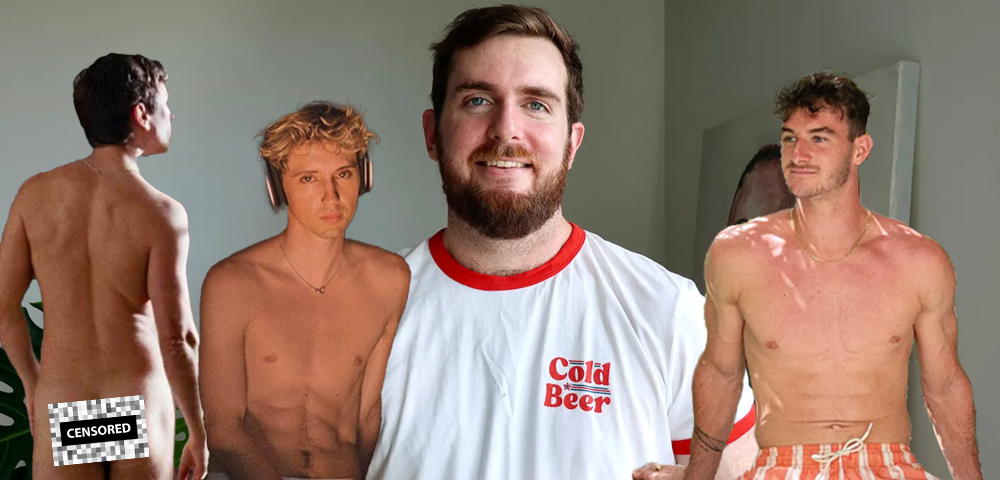
Public Inquiry Opens Into Historical Sexual Abuse In Victorian Schools
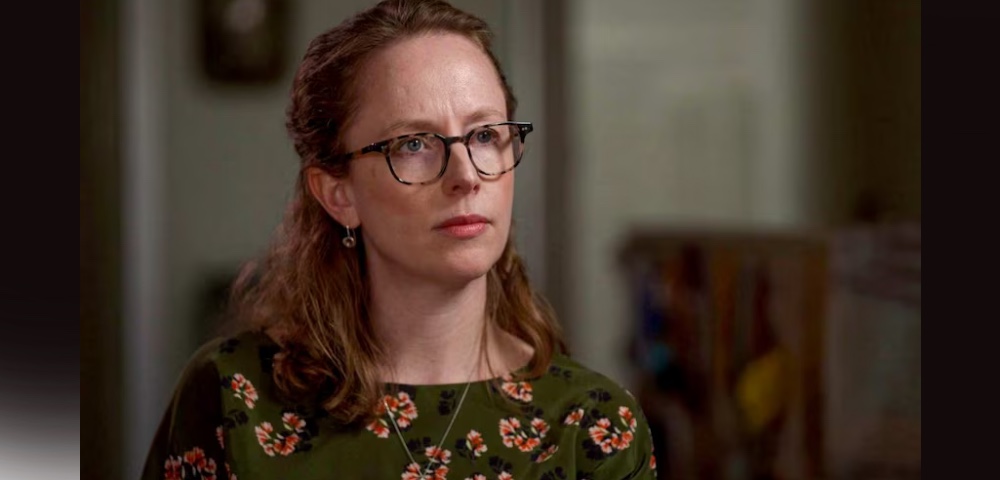
An independent board of inquiry probing historical child sexual abuse at 24 Victorian government schools opened public hearings in Melbourne on Monday.
Trigger Warning: This story discusses child sexual abuse, which might be distressing to some readers. For 24-hour crisis support and suicide prevention call Lifeline on 13 11 14. For Australia-wide LGBTQI peer support call QLife on 1800 184 527 or webchat, 1800 RESPECT (1800 737 732), National Sexual Abuse and Redress Support Service 1800 211 028
The inquiry was announced in June by then Premier Daniel Andrews, focussing on the historical child sexual abuse at Beaumaris primary school in Melbourne’s south-east during the 1960s and 1970s.
It has since been expanded to include 23 other state-run schools after links were found between multiple alleged perpetrators and the institutions.
The independent board – chaired by Kathleen Foley, SC – will establish an official record of the victims, as well as examine the abuse perpetrated by staff members, from the 1960’s until the end of 1999.
The inquiry will also look at the response by the education department.
‘Victim Survivors Felt Powerless’
Before the inquiry began, victim statements were taken from people who wanted to remain anonymous.
Counsel Assisting Fiona Ryan SC highlighted in her opening statements the profoundly damaging impacts child sexual abuse has on a child, often lasting a lifetime. “Victim survivors described feeling voiceless, powerless, or helpless to seek justice for the abuse,” Ryan said.
Victims explained their fear of not being believed if they reported the abuse; others noted the fear of embarrassing their family if they reported, so chose to stay silent, the counsel assisting said.
Foley said child abuse was “abhorrent” and could cost lives. She argued this “exploited the power balance” and led to long-term trauma.
Royal Commission
The 2017 Royal Commission into Institutional Responses to Child Sexual Abuse noted that sexual abuse towards people who identified as LGBTQI+ had ramifications for the already often traumatic experience of ‘coming out.’
“Research suggests that, for male victims who later identify as being gay or bisexual in adulthood, the trauma of child sexual abuse by a same-sex perpetrator may have complicated the already complex process of ‘coming out’ in relation to their sexual orientation,” the findings said.
Another victim highlighted the highly damaging stereotype that gay men were more likely to be abusers. “So to be very clear: this is not about sexual identity, it’s about power – power and abuse … Because those stereotypes are still thrown about in our society,” he said.
Homophobia was reported to be used as a screen to stop victims from reporting their abuse, especially in deeply religious families.
The Royal Australian College of General Practitioners notes an increased risk of suicide amongst LGBTIQA+ people in Australia those lacking family acceptance, and with histories of physical and sexual abuse.
The first round of public hearings will run from Monday to Thursday.

